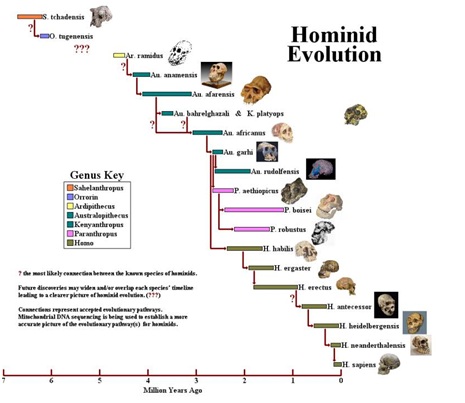Skull found in China represents a new human species
Scientists announced on June 25 that a skull discovered in northeast China represents a newly discovered human species.
Context
Scientists announced on June 25 that a skull discovered in northeast China represents a newly discovered human species.
- They have named it Homo longi, or “Dragon Man”.

About the key findings of the discovered material
- The specimen has been named Homo longi, or “Dragon Man”.
- The name is derived from Long Jiang, which means “Dragon River”.
- It belongs to the Harbin group.
- The skull dates back at least 146,000 years, placing it in the Middle Pleistocene.
- The Harbin cranium was discovered in the 1930s in the city of the same name in Heilongjiang Province but was reportedly hidden in a well for 85 years to protect it from the Japanese Army.
- It was later handed over to study in 2018.
- Scientists have proposed that it is our closest relative even nearer than the Neanderthals.
- Features:It could hold a brain comparable in size to that of modern humans.
- It has larger eye sockets, thick brow ridges, a wide mouth, and oversized teeth.
- The team believes the cranium belonged to a male, around 50 years old, living in a forested floodplain.
- This population would have been hunter-gatherers, living off the land.
- longi may have been well adapted for harsh environments and would have been able to disperse throughout Asia.
- Significance of finding: There are also many answered questions about their culture and technology level, because of a lack of archaeological material.
- The finding could still reshape our understanding of human evolution.
- It establishes a third human lineage in East Asia with its evolutionary history.
- It shows how important the region was for human evolution.

